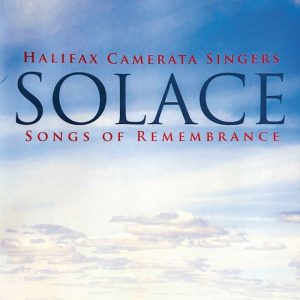Choral Canada: 2020 Annual General Meeting

Dear members of Choral Canada,
This is a reminder that Choral Canada will be holding its Annual General Meeting on Thursday, August 20, 2020, at 12:00 PM EST. The meeting will be held by Zoom. The purpose of this meeting is for the Board to report to, and receive direction from, the membership. All members in good standing may attend.
As announced in a previous email, the Choral Canada Nominating Committee submitted to the Choral Canada Board of Directors a list of voting members who are willing to stand for election. The Board of Directors has approved this slate of nominees.
List of Nominees for the 2020-21 Choral Canada Board of Directors
For Election
Morna Edmundson- President-Elect
Heather Fraser – Director
Elroy Friesen – Director
Irma Mackenzie – Director
Anne Longmore – Director
Marie-Élène Lamoureux – Provincial Choral Organization Representative
For Re-Election
Emma Walker – Treasurer
By Appointment of the Board
Kellie Walsh – Past-President
Continuing Board Members
Laurier Fagnan – Incoming President
Tim Callahan-Cross – Provincial Choral Organization Representative
Willi Zwozdesky – Provincial Choral Organization Representative
Amy Pun – Secretary
Voting
Class A Members are entitled to vote at the Annual General Meeting. Class A Members are Individual and Component members. The Individual membership category includes Individual, Student, Life and Honorary members. The Component membership category includes one designated representative from each of the eight provincial choral organizations.
Since the meeting is held by Zoom, the Chair of the meeting will determine the voting procedure. Please refer to the Voting Ballot for information. You are also welcome to vote by proxy. You must complete the AGM Proxy Form by hand, scan and send by email to info@choralcanada.org by latest 5:00pm EDT on August 18, 2020.
AGM Materials
Materials will be circulated in both English and French; however, the meeting will proceed in English. This email includes the meeting agenda, proxy form, ballot form. The financial statements are available to members upon request.
As there is limited opportunity for extended discussion at this meeting, agenda items include the minimum items of business required.
Please feel free to contact us at info@choralcanada.org with questions or for more information.

